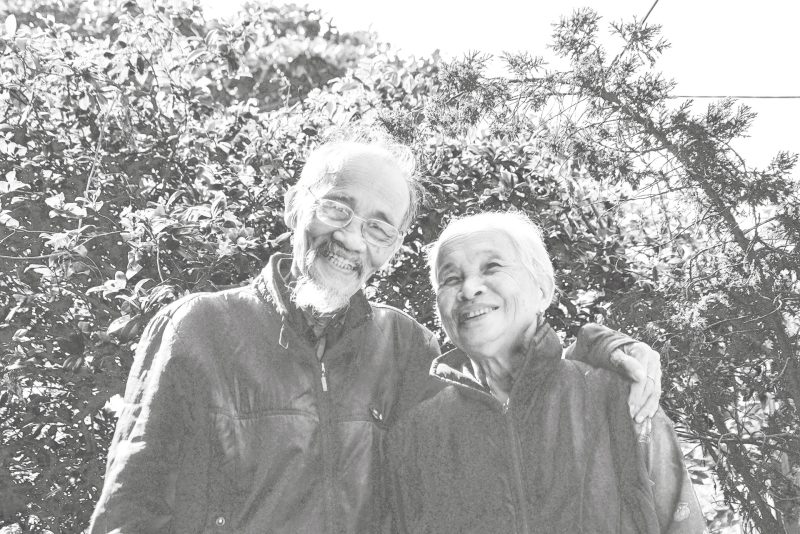Have you ever met a person who looks like they’re in their 70s or 80s, but is still so bright and physically active? Maybe they are still able to do some sports like skiing and dancing, or even complex activities like chess, crosswords, and assembling furniture — even doing it better than the younger individuals. These individuals are called SuperAgers.
SuperAgers can be defined as older adults who demonstrate superior memory performance and better physical ability than their counterparts. Even though a decline in memory function commonly happens with the elderly, some of them manage to avoid this issue. Since aging well has been an interest for so many people, this article will explore the longevity secrets of some of the world’s well-known SuperAgers.
Science reveals the secrets
While becoming a SuperAger may seem out of reach for most people, scientists have found some factors that are associated with superior physical and cognitive performance in an aging population.
One of them is the genetic factor; just like one person might be born taller than the other, one individual may also have a higher intelligence or physical capability than the other.
However, even if genetics may play a part in developing SuperAgers, some lifestyle factors may also influence cognitive and physical capabilities. The secret to longevity can be found around the world and anyone could do with learning these practices from these SuperAgers.
The Hunza’s secret to long life
The Hunza tribe lives in the Hunza Valley in Northern Pakistan. They are often regarded as one of the longest-living individuals in the world. The Hunza elderly population is fit, full of buoyancy, and nearly free from illness.
One study found that the Hunza live in peace and are not emotionally stressed.
In addition, another research also found that the Hunza are living a healthy way of life with a diet that majorly consists of fruits such as peaches, plums, grapes, cherries, and apricots as well as various grains such as wheat, barley, and millet.
The root of Chinese Qigong
Qigong is a mind and body exercise, and a healing practice, developed in ancient China and Tibet. It works by using meditation, breathing, and various physical movements to increase energy and enable the body to heal.
Qigong has been practiced around the world and has been proven to enhance brain processing speed and sustained attention which is extremely beneficial since both decline as humans age.
However, not only does it bring advantages for the brain, but Qigong is also beneficial for physical health especially for enhancing balance and gait in people in their 60s and 70s. Therefore, practicing Qigong is also useful in reducing the tendency for falling.
Secrets of Japanese longevity
Japan has been crowned as the world’s most long-lived country among G7 countries. This title reflects the balanced diet and lifestyle of the Japanese. Research shows that the traditional diet in Okinawa, one of the prefectures in Japan, consists of root vegetables such as sweet potatoes, green and yellow vegetables, soybean-based meals, and medicinal herbs. Okinawa’s secret to long life also includes moderately consumed seafood, lean meats, fruits, and alcohol. This diet pattern results in lower caloric intake and a high concentration of antioxidants.
In addition, one study also found that since the 1970s, there has been a reduction in coronary heart disease and stroke in Japan — results of decreased blood pressure levels and smoking practices among its residents.
Insights from the Australian SuperAgers
One study conducted in Australia aims to explore the Australian SuperAgers with superior memory and its associated factors. The researchers found that years of education, participation in investigative activities such as solving math, chess puzzles, or even troubleshooting software packages on a PC, social connection, and reduced depressive symptoms are factors associated with longevity. SuperAgers in Australia are involved in more positive social relations with others compared to the elderly of similar ages.
In addition, they also have lower depressive symptoms, which acted as a strong predictor of memory resilience. Years of education also may have played a part in maintaining memory.
In conclusion
Even though a decline in memory function and physical capabilities commonly happens in older age, there are various habits you can adopt to enhance your chances of becoming a SuperAger. Some of them include being socially active, not being emotionally stressed, consuming fruits and grains, doing mind-body exercises, avoiding smoking, and participating in investigative activities. These activities have the potential to increase your memory and physical strength even as you age.
If you would like to know more about longevity, check out the Personal Science Labs. Using the research of the Institute for Life Management Science, the lab produces courses, certifications, podcasts, videos and other tools and resources. Visit the Personal Science Labs today.
Photo by Tristan Le on Pexels


